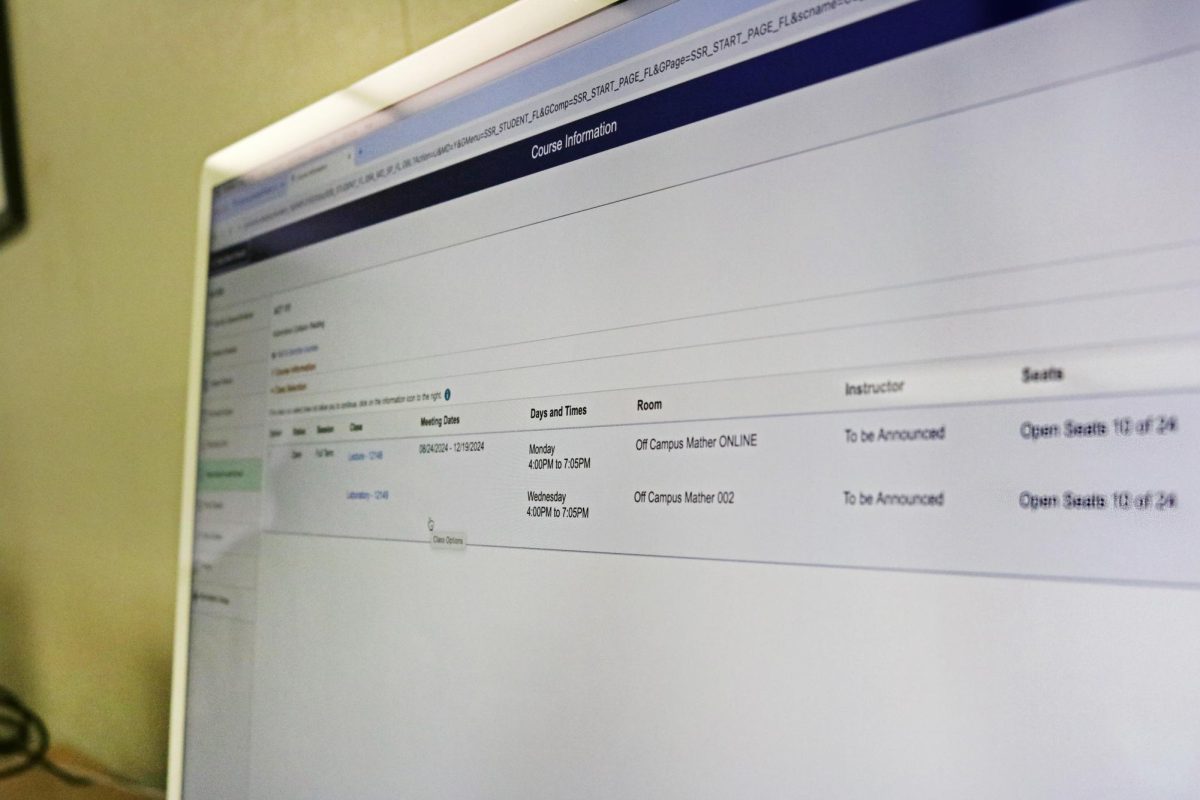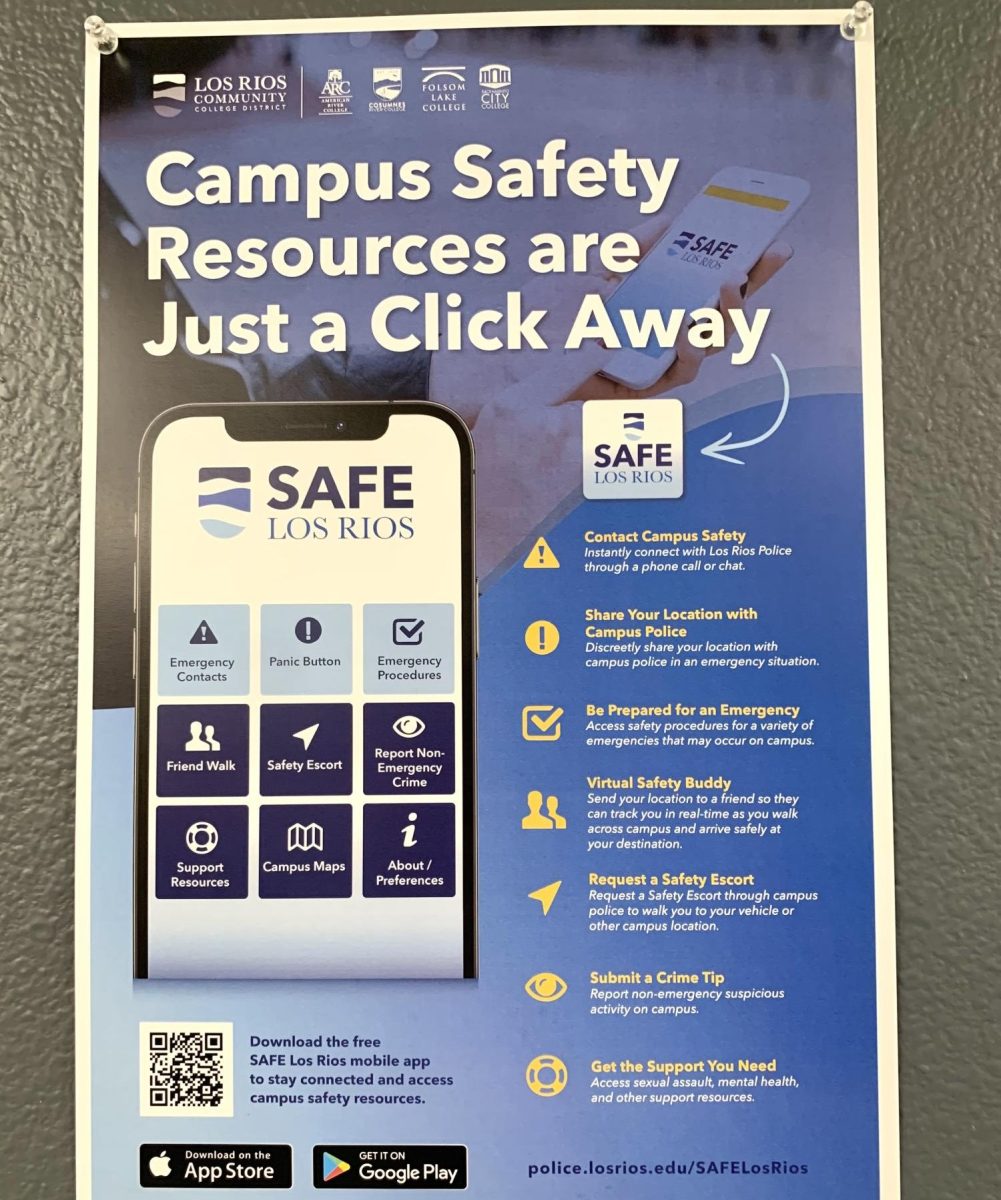Starting in the fall of, 2016 students will need to meet minimum GPA requirements and credit-bearing status in order to retain eligibility for their BOG Fee Waivers.
On Jan. 13, the California Community Colleges Board of Governors approved the changes, which, along with other student-prodding endeavors, are part of the Board of Governors Student Success Initiative (BOGSSI), designed to motivate students to graduate in a timely manner.
Fewer than 20 percent of students complete a degree within three years at more than a third of California’s community colleges.
Per regulation, grades will be tracked for the approximately 20,000 students on campus who receive a BOG Fee Waiver, according to Financial Aid Supervisor Chad Funk.
While students currently receiving the BOG Fee Waiver have no academic accountability, once the policy goes into effect, students who are unable to retain an overall 2.0 GPA for two consecutive semesters, or who do not complete at least half of their units for credit during the same period are at risk for losing their funds.
“We will do everything in our power to help students on financial aid succeed, but students need to know that they have a responsibility to keep up their end of the bargain,” said California Community Colleges Chancellor Brice W. Harris in a press release last month.
Political science major and BOG Fee Waiver recipient Zach Scott, in his third semester at ARC, agrees.
“I think it’s pretty justified. I mean, keep your grades up if you want to go to school,” he said.
According to the press release, students who do not meet the requirements must be notified within 30 days of the end of the term and will be given information about services on campus available to them.
“I think it’s wrong for them to do that,” said first semester early childhood development major and BOG Fee Waiver recipient Julie Lemos. “A lot of people can’t afford it.”












